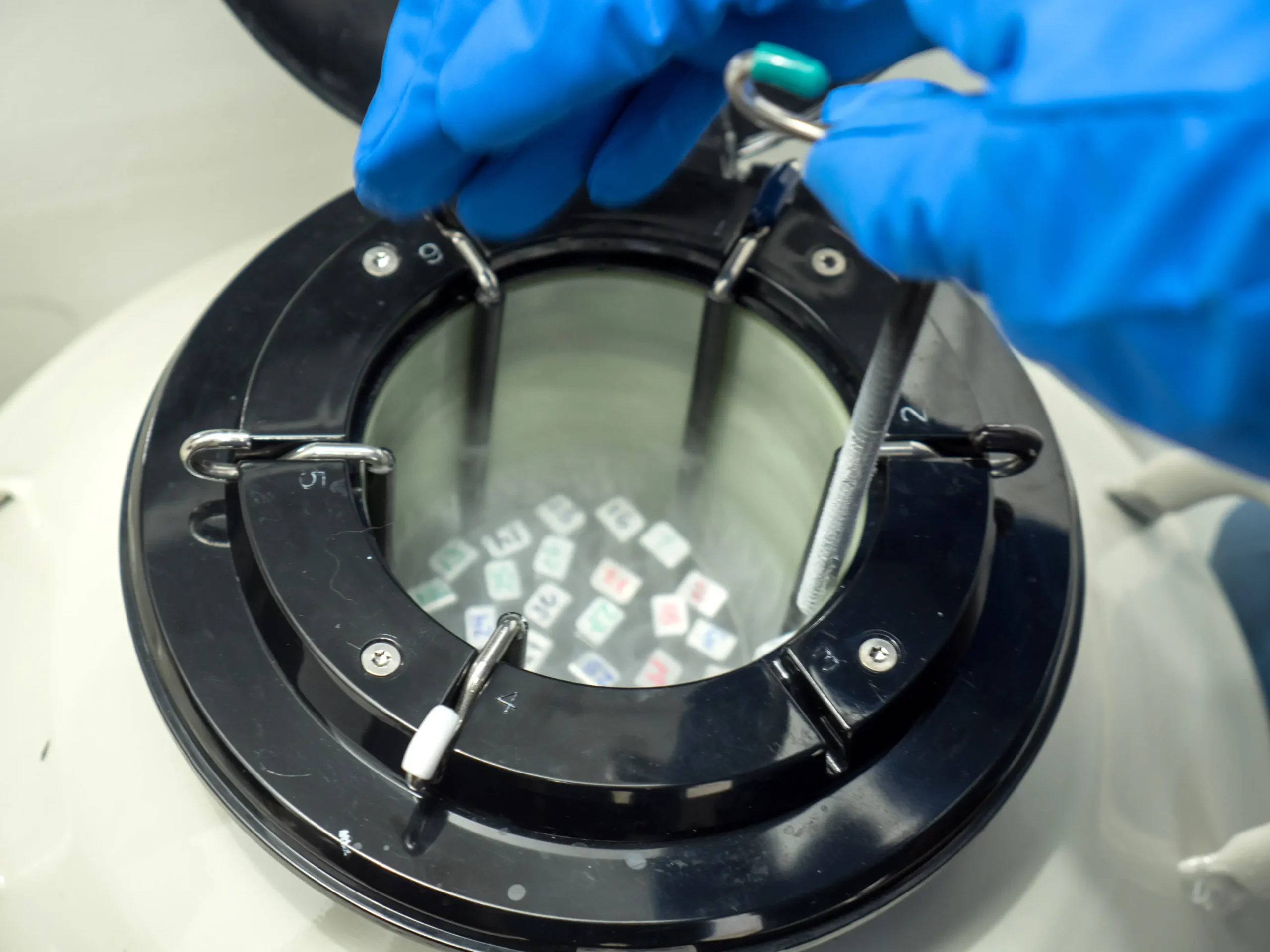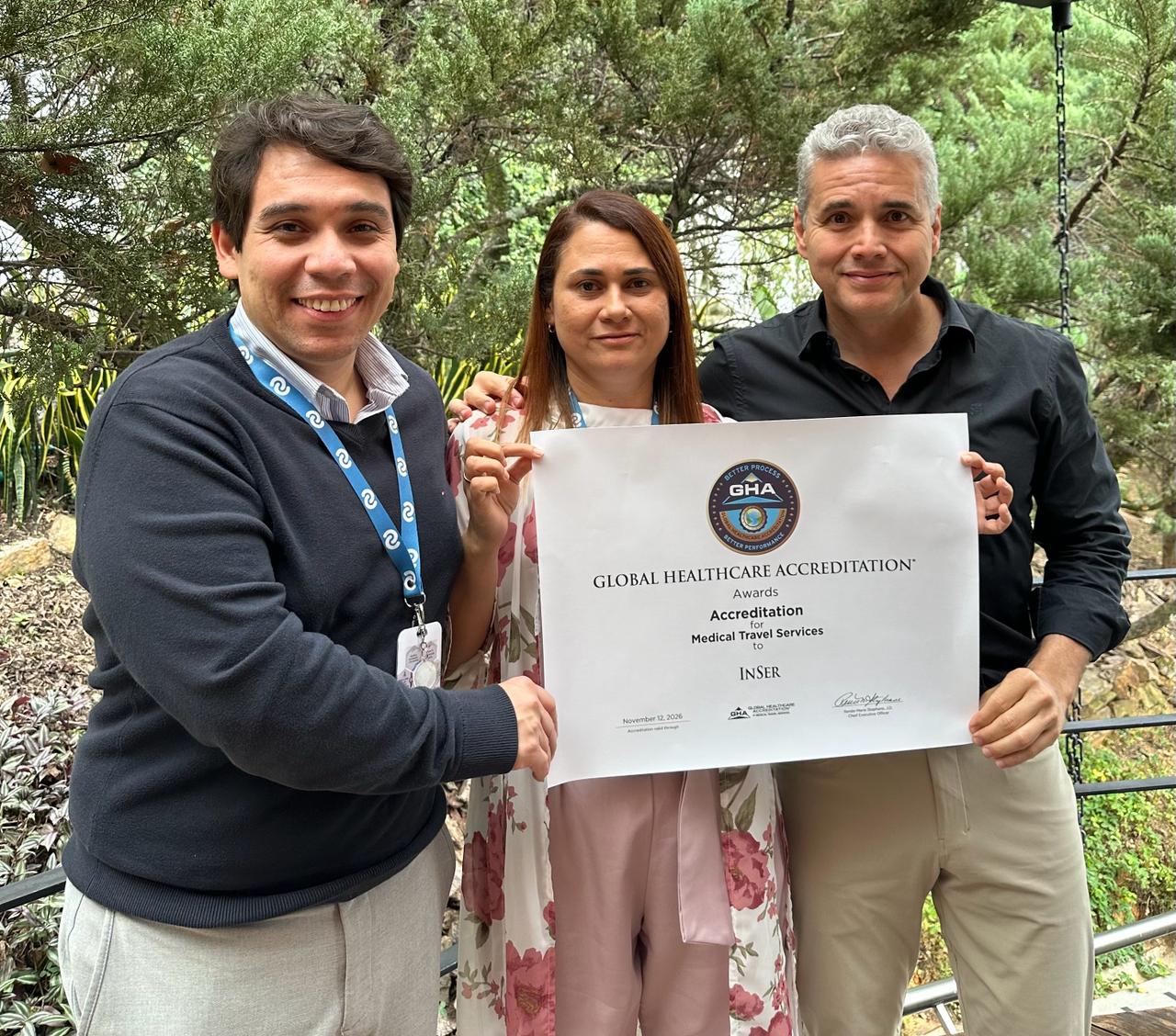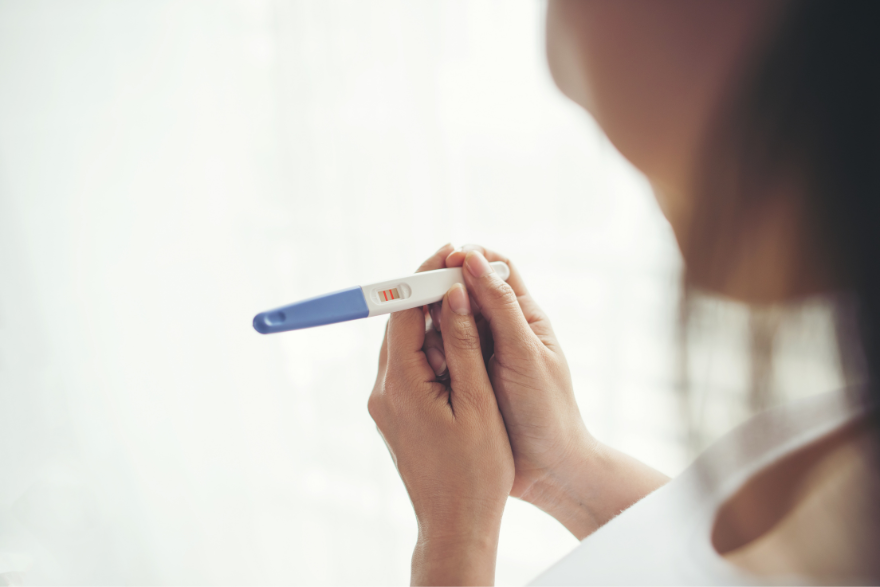In the midst of the current crisis in the world due to COVID-19, uncertainty and fear have become the most common feelings for a society that longs for a return to normality, but is afraid of not knowing what will happen and if it is safe.
Much has been said about the biology, transmission and severity of the disease. However, little has been said about the effects on those couples who for years have faced fear, been resilient, had their faith challenged, and fought for their dreams by overcoming diagnoses of infertility.
With this in mind, and based on current scientific evidence, we at InSer can share some data on the effects of the virus on pregnant women and couples in the midst of fertility treatments:
Is there any risk to pregnant women and their babies?
Currently there is limited evidence of the effects of the virus on early pregnancy because it is a new disease and to date no cases have been reported in this particular group of the population. Taking into account the above, it is understood that there is no vertical transmission of the disease (intrauterine transmission or during delivery) nor is there any relationship with the transmission of the virus through the excretion of breast milk.
Despite the little current evidence of the impact of COVID-19 on pregnant women, it is important to bear in mind that, at other times in history, the human population has faced other types of coronavirus causing serious diseases such as SARS (Severe Acute Respiratory Syndrome) and MERS (Middle East Respiratory Syndrome), which have affected the population of pregnant women and have had a fatal effect of 25% and 23% respectively.
To date SARS CoV-2 (COVID-19) has shown to be more benign than these, with no recorded maternal deaths, no teratogenic effects, and no effect on fetal growth and development. However, it is still too early to tell. We must analyze the behavior of this disease as studies are carried out to assess the situation in this sector of the population.
What are the precautions a pregnant woman should take?
To date, there is no evidence that SARS-CoV-2 (COVID-19) is more aggressive in pregnant women than the previous viruses . However, we do know that pregnancy as such involves some changes in the functioning of the lungs and the respiratory tract that put pregnant women at a certain disadvantage in their ability to cope with a disease such as COVID-19. For this reason we must regard pregnant women as a group at greater risk and require special care and protection.
All persons who have contact with pregnant patients should be aware of this and should take the extreme protective measures that have been recommended to us in official communications from government authorities. There are no additional measures specifically focused on those who are pregnant.
What are the risks for patients in a fertility treatment process?
The situation for patients who are in the midst of fertility treatments is that to date there is no scientific evidence that provides information about the behavior of the virus during pregnancy, and although it is believed that the virus cannot cross the placenta or infect babies, this has not been proven with certainty.
Therefore, it is important that the specialist reviews each case individually to determine which the best way to proceed is, guaranteeing the safety of the mother and the future baby.
Given the situation, what is recommended by the Fertility Associations in the world (American Society for Reproductive Medicine – ASRM, European Society of Human Reproduction and Embryology – ESHRE and Colombian Association of Human Reproduction Centers – ACCERH) is, as far as possible, to suspend or delay the reproductive process until the pandemic is under control and it is safe to perform procedures.
If a treatment has already been started, at what point is it recommended to go on or stop the treatment?
In cases where a treatment has been initiated, in a responsible and mutually agreed upon manner and taking into account all the arguments that the treating specialist may put forward, a decision will be made as to the next step to be taken.
It is recommended to suspend the process at some point where it is safe, which could vary between the ovarian stimulation stage and the extraction of the oocytes in the In Vitro Fertilization stage. This would take into account the prevention recommendations that government authorities have imposed regarding isolation and quarantine in Colombia.
Is there any risk for cryopreserved embryos or gametes?
For several years now, the techniques of cryopreservation of eggs or sperm, as well as embryos in their initial stages of development, are procedures that are performed under all the necessary and safety protocols to guarantee the survival of these gametes. Therefore, although this procedure represents a challenge for the cells, the success and survival rates are close to 90%. This allows the treatments that have been suspended at this stage to be successful when they are resumed and the transfer process is completed.
It is important to be aware that there are studies that show that the transfer of cryopreserved embryos can be even more effective than the transfer of fresh embryos.
Does the Coronavirus have any effect on fertility?
Up to now there is no evidence that COVID-19 has a direct affect on fertility. However, like most infections that produce a fever, general alteration and inflammatory reactions in the body, it could be said that the coronavirus triggers a transitory state of inflammation in the body that causes a slight decrease in reproductive potential, which will be quickly be overcome when the body fights the virus and manages to regulate itself and recover.
Is a virtual fertility consultation effective in reaching a comprehensive diagnosis?
To initiate the process of seeking a pregnancy with the support of a specialist in human reproduction, is a step by step process that involves different procedures that will enable a comprehensive diagnosis of the patient, and then define the path to follow.
With this in mind, the virtual first time consultation is an opportunity to take the first step and start the diagnostic process. Here the couple will be able to meet the treating physician, share their current situation in order to start a medical history, define or review medical tests or procedures, and plan the next step as soon as the COVID-19 situation is under control (fertility treatments).
It is important to keep in mind that the virtual fertility consultation also includes a second meeting with the specialist to review the tests (virtual or in person depending on the case) and the possibility of scheduling a virtual emotional support appointment with our psychology team. This will give you all the guarantees that your process will be the appropriate one and that regardless of the methodology (virtual or in person) we will comply with everything required for a comprehensive diagnosis and management of the situation.
The most important thing is to take the first step and begin with an understanding of your diagnosis in order to map out the path to follow.
If I am a patient, can I schedule an emotional support consultation virtually?
Yes, our emotional support team is ready to give you all the support you need during this time of uncertainty and anxiety. Please do not hesitate to contact us to schedule your virtual psychology consultation.
What are the measures (precautions) that will be made at InSer for couples who are about to begin treatment?
At INSER, our greatest responsibility is to look after the health and well-being of our patients and staff. That is why we have decided to take full advantage of the COVID-19 prevention measures recommended by the Ministry of Health and fertility associations around the world (American Society for Reproductive Medicine – ASRM, European Society for Reproduction and Human Embryology – ESHRE and the Colombian Association of Human Reproduction Centres – ACCERH ).
To learn more about our measures click here









